Source: www.shemagazinepk.com
Extra Virgin Olive Oil
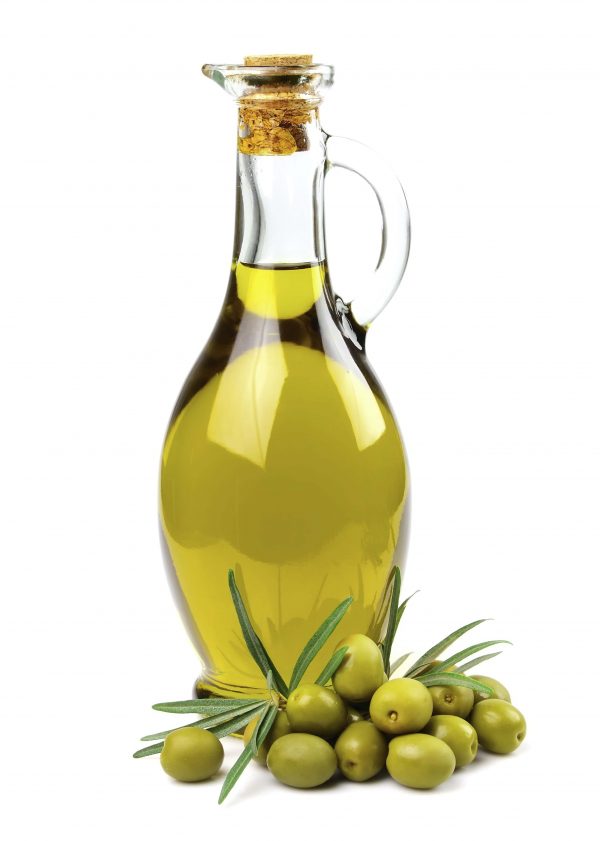
It is high in heart-healthy monounsaturated fats and a quality bottle can truly take you on a taste bud adventure.
Best for: Drizzling, dips and dressings – its fruity flavour is best unheated.
Worst for: Cooking or frying – it has a very low smoke point and its beautiful flavour and nutrients will go to waste if used in everyday cooking.
Olive Oil
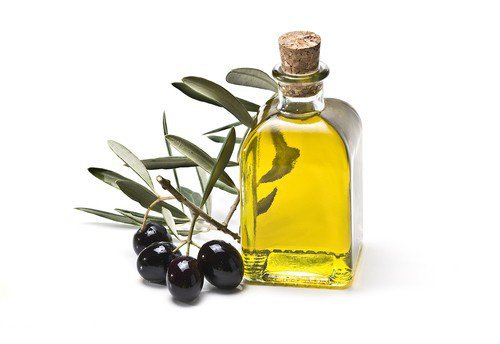
It’s a lot more versatile when compared to its extra virgin counterpart. Refined versions of olive oil, called pure, are lighter in color and milder in flavor than extra-virgin oils.
Best for: General cooking and dressings.
Worst for: Frying at high temperatures – it doesn’t have a very high smoke point.
Coconut Oil
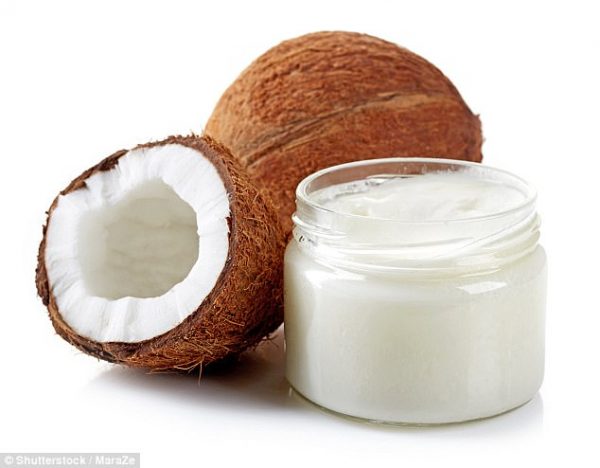
The oil is world famous for its skin and hair therapies; along with ability to prevent and cure the digestive system issues and problems related to stomach, like the Irritable Bowel Syndrome. It is highly effective for bruises, as the oil speeds up the healing of damaged tissues.
Best for: Sautéing, baking and adding to your coffee
Worst for: Dressings and dipping.
Vegetable Oil
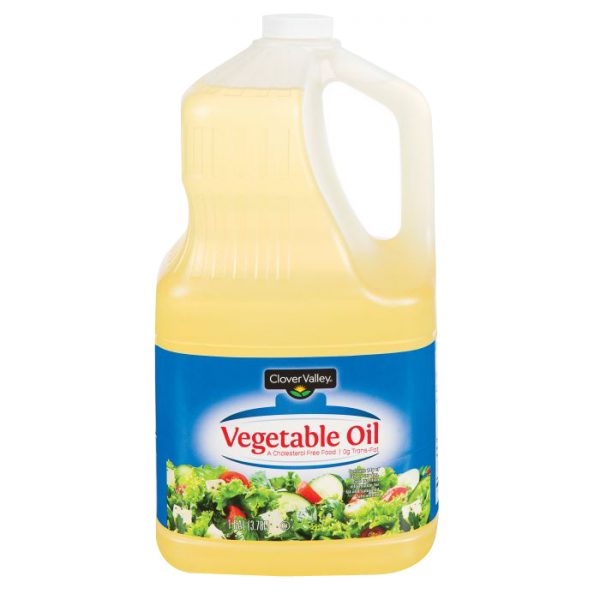
You might see the word vegetable and automatically think it is good for you, but don’t let the name fool you. Many brands of vegetable oils are highly processed and are simply refined extractions of various seeds. The questionable ingredients typically cause an imbalance in the recommended ratio between omega-3s and omega-6s that can lead to cancers and many other health related issues.
Best for: General cooking – it can be used to deep fry but not at extremely high temperatures. Its mild flavour means it acts as a good base for most dishes.
Worst for: Dressings.
Sesame Oil
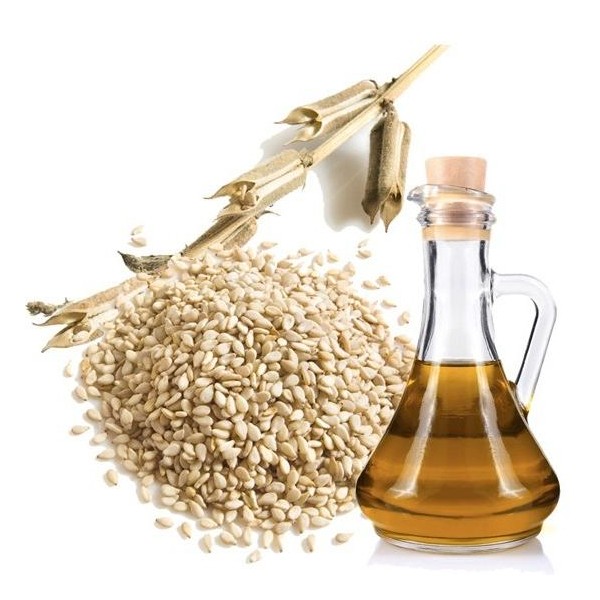
Sesame oil is loaded with antioxidants that slow down cell growth and replication. It’s also known to lower blood pressure, blood sugar and improve skin.
Best for: Dressings, drizzling and Asian cooking due to its rich sesame flavour.
Worst for: General cooking – it’s usually pricey so best to avoid for day-to-day use.
Ghee
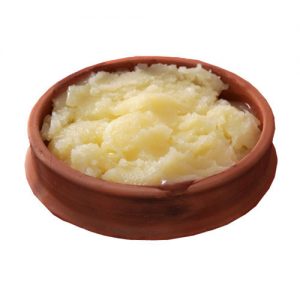
Ghee is basically clarified butter with the milk solids removed.
Best for: Frying and sauteeing at high temperatures due to its high smoke point
Worst for: Dressings and for any light frying at low temperatures
Peanut Oil
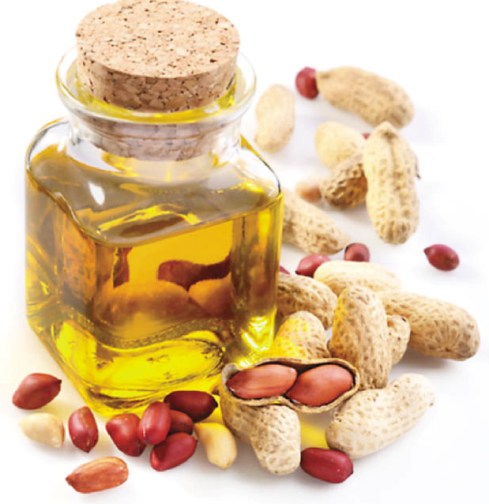
Peanut oil has a bold nutty-sweet taste that is high in calories but low in saturated fats. It’s made up of mostly monounsaturated fatty acid content that actually helps lower bad cholesterol and up the good cholesterol.
Best for: Deep frying and stir fries – it has a high smoke point. Many people like to use it because it has a mild flavour which acts as a good neutral base for cooking.
Worst for: Dressings – though it can be used to finish off dishes. Also one to avoid if you have a peanut allergy, for obvious reasons.
Avocado Oil
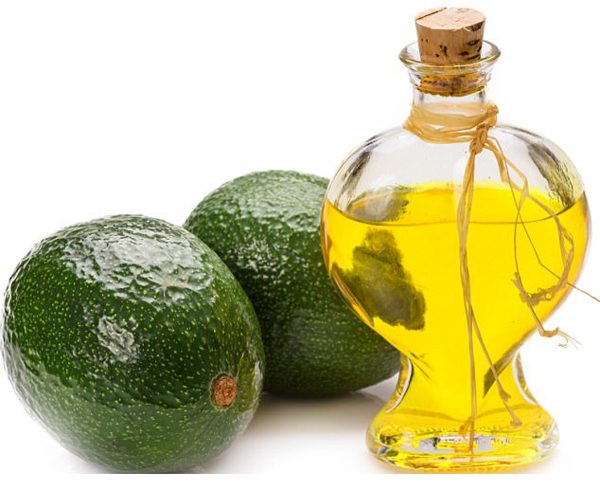
This heart-healthy oil has anti-inflammatory properties that help prevent arterial damage, heart disease, and blood pressure.
Best for: Dressing, drizzling and dips, as well as stir-frying due to its high smoke point (the highest of any natural oil).
Worst for: Light frying – but it’s quite a versatile oil and can be used for general cooking, though its price may put you off using it every day. Its flavour is stronger than most as well, so watch how it affects the taste of your dish.
Canola Oil
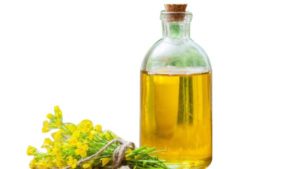
Canola has a near-even ratio of omega-6 to omega-3 fats. This dietary ratio has shown to help battle cancer, arthritis, and asthma.
Best for: Frying, roasting, and baking
Worst for: Sautéing and salad dressings



